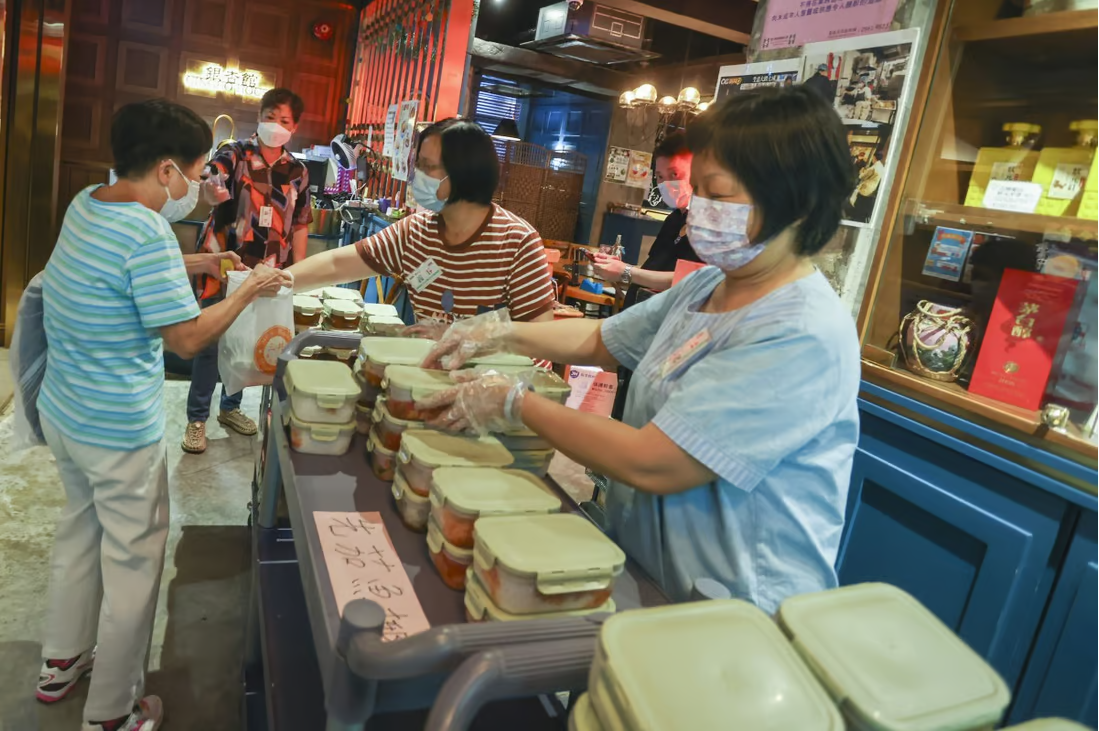
According to data from the Census and Statistics Department, Hong Kong is on the verge of becoming a super-aged society, where people aged 65 or above account for more than 20 per cent of the total population. Furthermore, the government expects the proportion of elderly people to increase further, to 30 per cent, by 2039.
Such a society will face a host of problems, including a healthcare system under pressure and unsustainable government welfare spending. It is to be expected that these challenges cannot be addressed with public finances.
We must ensure older people have access to income so that they can afford their own living and medical needs as much as possible.
In Hong Kong, some forward-thinking social enterprises have identified the need for elderly employment. Gingko House aims to provide work opportunities for seniors, especially those who are poor and do not want to rely on government support. Since 2003, more than 3,000 seniors have been recruited and helped in maintaining financial independence.
Time To Gold not only provides job opportunities for older women, but also makes better use of their experience by training them to make traditional pastries, thus giving them a greater sense of confidence and satisfaction.
While social enterprises’ participation is of great significance in alleviating the ageing problem, their development in Hong Kong has been limited, although between 2011 and 2015, Legislative Council members repeatedly urged the government to give greater support to social enterprises.
The government has been criticised for failing to accurately target social enterprises’ needs because of a lack of tools to identify them. In 2007, South Korea enacted the Social Enterprise Promotion Act, which stipulates that social enterprises should spend at least two-thirds of profits on social objectives, among other relevant requirements.
Hong Kong could introduce a similar law to identify social enterprises. Then the government could support social enterprises through preferential policies, such as giving them priority in government procurement and providing tax relief.
本文於2022年12月20日在South China Morning Post上刊登。
